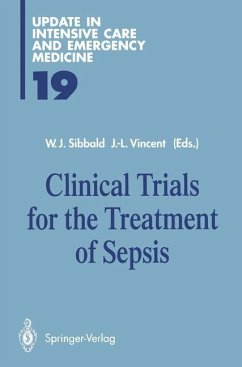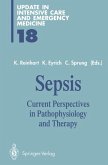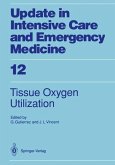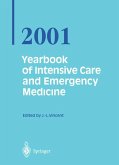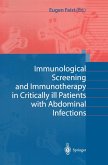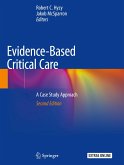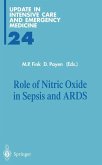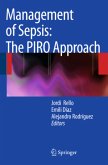Sepsis and Innovative Treatment: The Odyssey R. C. Bone The Odyssey by Homer, dates back to the 8th century, B. C. [1]. It is a great epic adventure of Odysseus's dramatic journey from Troy back home to Ithaca. Odysseus survives the ordeals of this journey and returns with new powers and insights. The study of the pathogenesis and treatment of sepsis has also been an odys sey. I feel we will return from this odyssey with new insights and treatments. However, as with Odysseus, this will occur only after considerable struggle. In the 1980s we had a rather simplistic view of sepsis. It was a highly lethal complication caused by infection and often charac terized by shock and multi-organ failure. Our knowledge of the inflammatory responses associated with sepsis was embryonic compared to today. The inflammatory response was often treat ment with mega-dose corticosteroids along with fluid resuscita tion, vasopressors and antibiotics. Because of the paucity of mul ti-center controlled trials documenting the risk/benefit ratio of the treatment of sepsis with corticosteroids, two large multi-cen ter controlled trials were organized to evaluate the role of corti costeroids in sepsis [2, 3]. Because animal models showed bene fits of corticosteroids only with pre-treatment or early treatment, a definition of sepsis was used that did not require positive cul ture documentation or septic shock to be included in the studied population.
Bitte wählen Sie Ihr Anliegen aus.
Rechnungen
Retourenschein anfordern
Bestellstatus
Storno

